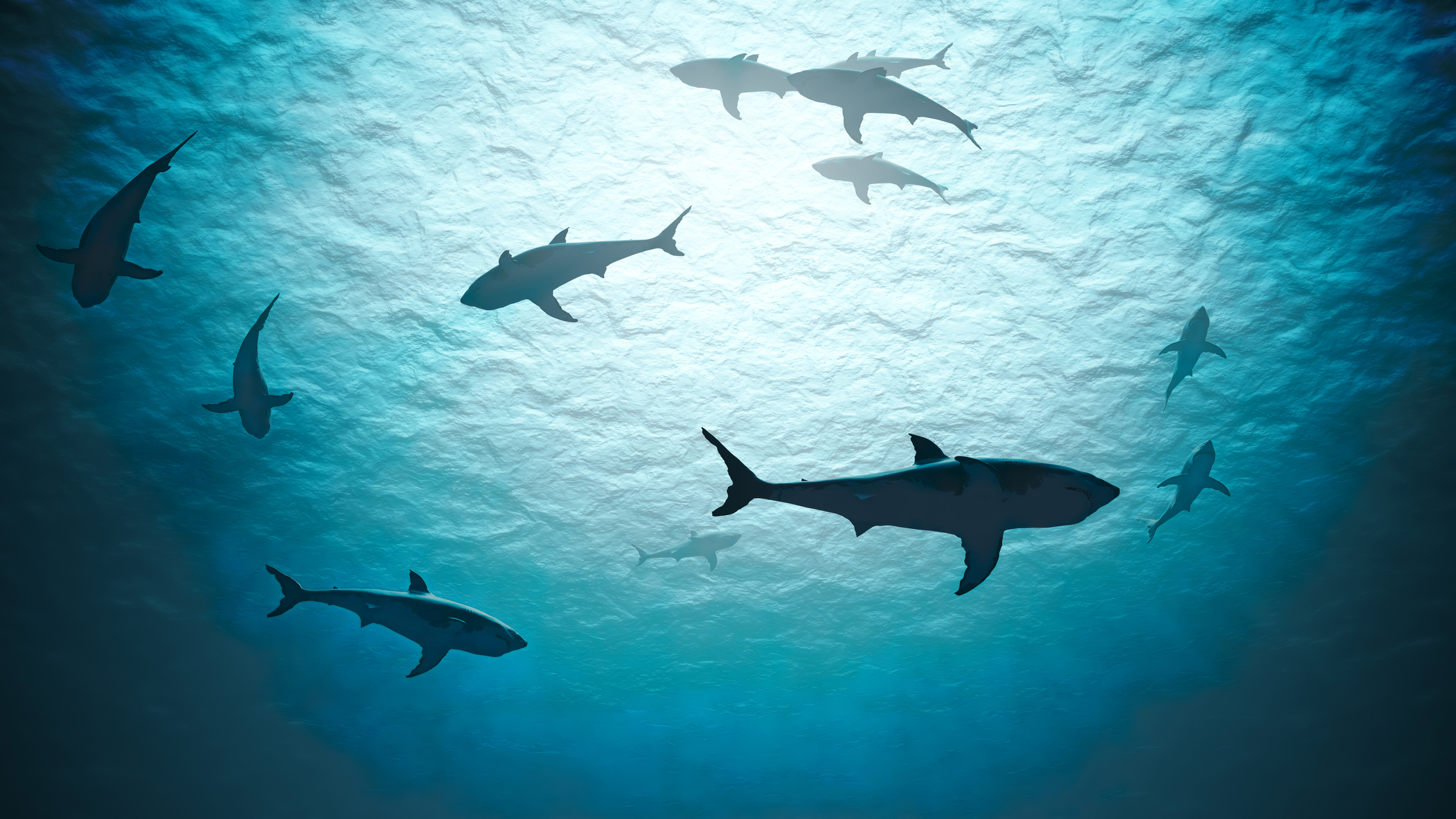Sharks are scary enough but cocaine sharks sound scarier. Scientists say sharks could be feasting on bales of hallucinatory drugs dumped off the Florida coast.
Cocaine Sharks is a highlight of Discovery’s upcoming Shark Week which examines if the ocean predators are ingesting floating pharmaceuticals that have been cast overboard by passing traffickers. Marine scientists say its purpose is beyond gratuitous entertainment, the Guardian reported.
“It’s a catchy headline to shed light on a real problem, that everything we use, everything we manufacture, everything we put into our bodies, ends up in our wastewater streams and natural water bodies, and these aquatic life we depend on to survive are then exposed to that,” said Dr. Tracy Fanara, a Florida-based environmental engineer and lead member of the research team.
“We’ve seen studies with pharmaceuticals, cocaine, methamphetamines, ketamine, all of these, where fish are being [affected] by drugs.”
“If these cocaine bales are a point source of pollution, it’s very plausible [sharks] can be affected by this chemical. Cocaine is so soluble that any of those packages open just a little, the structural integrity is destroyed and the drug is in the water.”
The Cocaine Sharks segment is expected to be among the biggest of Shark Week. The network’s popular annual showcase of the species includes great whites, hammerheads, and tiger sharks down to smaller varieties.
Fanara and British marine biologist Tom Hird observed sharks exhibiting peculiar behaviors during his six days in the Florida Keys.
A hammerhead, a species that typically swim away from humans, came directly toward divers in an erratic manner. Researchers also observed a sandbar shark swimming in circles as it focused on an imaginary object.
Scientists conducted experiments that involved dropping dummy bales in the water and observed many sharks taking bites out of them and also loading balls of bait with highly concentrated fish powder to simulate cocaine.
The effect, the researchers said, was akin to catnip on felines. “It’s the next best thing [and] set their brains aflame. It was crazy,” Hird said.
Large quantities of drugs often make their way into the US from South America through Florida. Pastic-wrapped bundles of cocaine are often discarded into the sea by traffickers being pursued by law enforcement.
“While we were in the Keys filming, cocaine bales were washing ashore, like twice in one week, so it’s really a prevalent issue,” Fanara said.
In the coming months, Fanara plans to partner with other Florida marine scientists to take blood samples from some of the sharks to evaluate cocaine levels.
“These animals are leaving one by one and the integrity of the tower is depleting, even if we might not feel it right now. At some point, the tower’s going to fall.”



